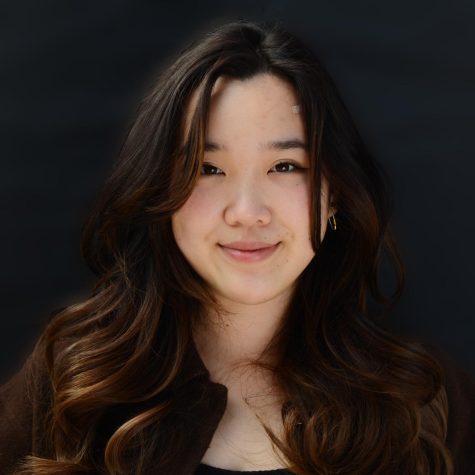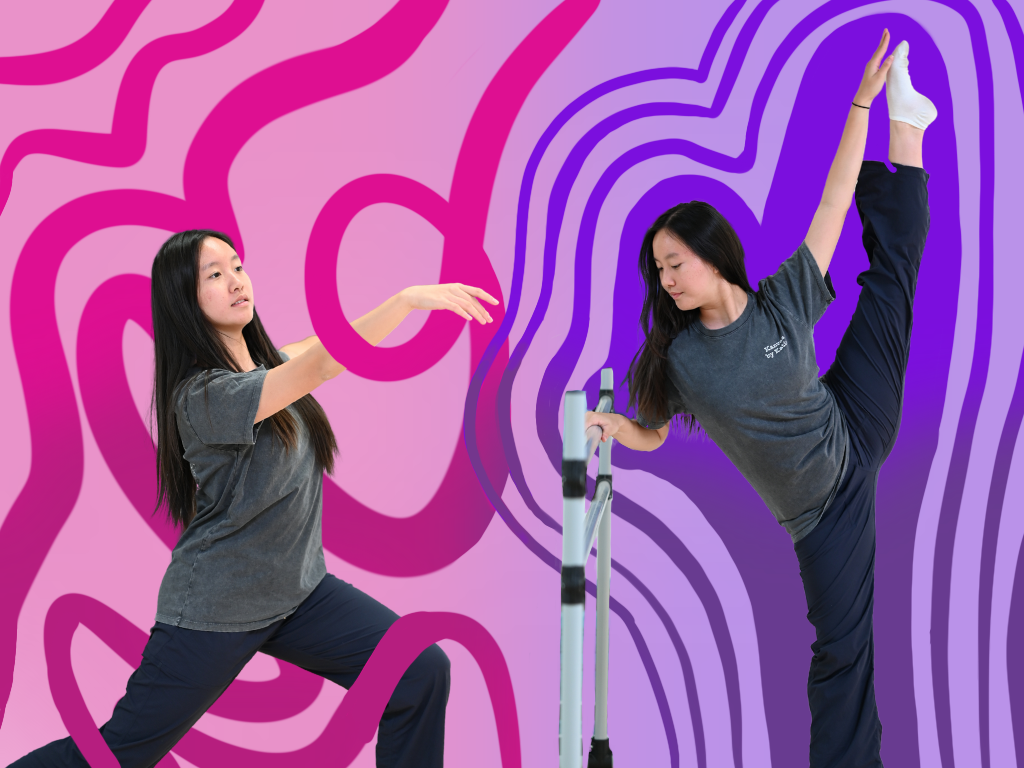Court ruling serves as severe reminder of the significance of protecting free speech
In 2017, after Brandi Levy failed to make the varsity cheer team, she released her thoughts in a vulgar statement sent to around 250 friends on Snapchat. Though Levy’s unabashed profanity on social media after failing to make the varsity cheer squad might seem trivial, her case highlights the censorship threat of student free speech and more punitive measures in the future for all students, both on and off campus, if the court did not rule in her favor.
August 31, 2021
In 2017, after Brandi Levy failed to make the varsity cheer team, she released her thoughts in a vulgar statement sent to around 250 friends on Snapchat. The school discovered the statement through word of mouth and subsequently suspended Levy from the junior varsity cheer team for a year. In response, Levy and her parents sued the school. When the district court ruled in her favor, the school appealed to the Third Circuit and finally to the Supreme Court. Justice Stephen G. Breyer wrote the majority opinion, which was joined by all Justices except for Clarence Thomas in an 8-1 decision.
Among our own upper school campus, the probability that every one of the over 800 students have felt anger, frustration, stress, and responded in ways similar to Levy. If every single student faced censorship for expressing these human emotions, we would no longer function as a community upholding our bedrock values of democracy.
Therefore, the Supreme Court’s decision to rule in favor of Brandi Levy in Mahanoy Area School District v. B.L. on June 23 effectively protected the former high school student’s First Amendment rights—but, it fell short in setting a precedent for the restriction of student speech off-campus.
Similar to Levy, whom the court refers to as B.L., the Supreme Court’s decision in the landmark case Tinker v. Des Moines Independent Community School District over 60 years ago. In 1969, the Court deemed the school’s decision to suspend Tinker and her peers in response to the then students’ protest of the Vietnam War by wearing black armbands to school as a violation of the First Amendment.
Though Levy’s unabashed profanity on social media after failing to make the varsity cheer squad might seem trivial, her case highlights the censorship threat of student free speech and more punitive measures in the future for all students, both on and off campus, if the court did not rule in her favor.
As Thomas argued, social media travels quickly, and therefore, in loco parentis, in which the school acted in place and with responsibility of a student’s legal guardian, as applied beyond the school walls. However, as the majority of students currently communicate over social media, if the Supreme Court did not rule in Levy’s favor, the decision would have uncalled for consequences harmful to students in the future exercising their First Amendment rights. Furthermore, Levy’s social media outburst never specifically mentions her school or shows any logo that could identify her school or squad.
Levy’s case not only defends our free speech, but it carries on the legacy of a decades-long fight that will inevitably continue into the future.


















![“[Building nerf blasters] became this outlet of creativity for me that hasn't been matched by anything else. The process [of] making a build complete to your desire is such a painstakingly difficult process, but I've had to learn from [the skills needed from] soldering to proper painting. There's so many different options for everything, if you think about it, it exists. The best part is [that] if it doesn't exist, you can build it yourself," Ishaan Parate said.](https://harkeraquila.com/wp-content/uploads/2022/08/DSC_8149-900x604.jpg)




![“When I came into high school, I was ready to be a follower. But DECA was a game changer for me. It helped me overcome my fear of public speaking, and it's played such a major role in who I've become today. To be able to successfully lead a chapter of 150 students, an officer team and be one of the upperclassmen I once really admired is something I'm [really] proud of,” Anvitha Tummala ('21) said.](https://harkeraquila.com/wp-content/uploads/2021/07/Screen-Shot-2021-07-25-at-9.50.05-AM-900x594.png)







![“I think getting up in the morning and having a sense of purpose [is exciting]. I think without a certain amount of drive, life is kind of obsolete and mundane, and I think having that every single day is what makes each day unique and kind of makes life exciting,” Neymika Jain (12) said.](https://harkeraquila.com/wp-content/uploads/2017/06/Screen-Shot-2017-06-03-at-4.54.16-PM.png)








![“My slogan is ‘slow feet, don’t eat, and I’m hungry.’ You need to run fast to get where you are–you aren't going to get those championships if you aren't fast,” Angel Cervantes (12) said. “I want to do well in school on my tests and in track and win championships for my team. I live by that, [and] I can do that anywhere: in the classroom or on the field.”](https://harkeraquila.com/wp-content/uploads/2018/06/DSC5146-900x601.jpg)
![“[Volleyball has] taught me how to fall correctly, and another thing it taught is that you don’t have to be the best at something to be good at it. If you just hit the ball in a smart way, then it still scores points and you’re good at it. You could be a background player and still make a much bigger impact on the team than you would think,” Anya Gert (’20) said.](https://harkeraquila.com/wp-content/uploads/2020/06/AnnaGert_JinTuan_HoHPhotoEdited-600x900.jpeg)

![“I'm not nearly there yet, but [my confidence has] definitely been getting better since I was pretty shy and timid coming into Harker my freshman year. I know that there's a lot of people that are really confident in what they do, and I really admire them. Everyone's so driven and that has really pushed me to kind of try to find my own place in high school and be more confident,” Alyssa Huang (’20) said.](https://harkeraquila.com/wp-content/uploads/2020/06/AlyssaHuang_EmilyChen_HoHPhoto-900x749.jpeg)











